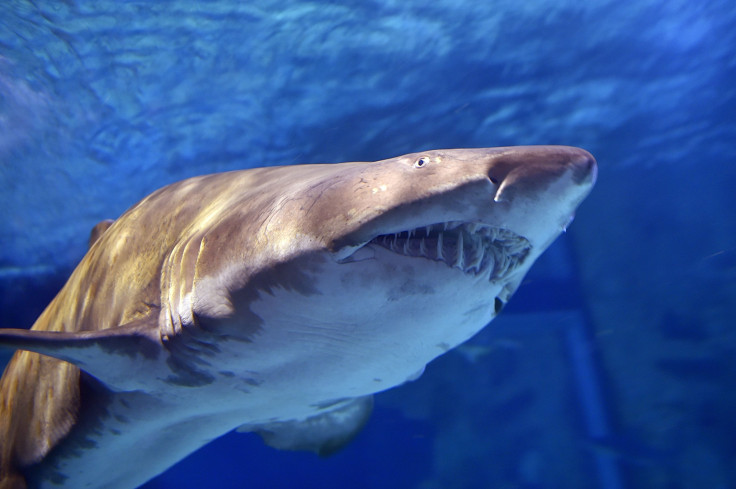Shark Week 2019: Bull Sharks Worse Than Great Whites, Prefer Beaches And Shallow Waters

To mark the start of Shark Week 2019 on Discovery, we look into one of the worse ocean predators -- the bull shark.
Although great white sharks are known as elite hunters and apex predators, the bull shark is considered as a more dangerous animal primarily due to its unique characteristic. Unlike other sharks, the bull shark is known to attack humans and other animals in freshwater.
By numbers alone, injuries and fatalities caused by an attack from a great white shark definitely outnumber those from a bull shark. In total, 314 attacks and 80 deaths from around the world have been attributed to great white sharks. Bull sharks, on the other hand, are responsible for only about 100 attacks globally, according to CNN.
Despite what these numbers suggest, the bull shark is often regarded as more terrifying than a great white shark due to its ability to thrive in fresh and brackish waters. They are even known to travel 700 miles away from the ocean through the Mississippi River.
Aside from lurking in various freshwater bodies, bull sharks are known to look for prey in shallow waters. Even beaches. According to experts, these characteristics make bull sharks really dangerous to humans.
“Bull sharks inhabit quite shallow waters, which means that they do have a great opportunity to interact with humans, because the two species tend to share the same areas,” George Burgess, the former curator of the International Shark Attack File at the Florida Museum of Natural History told National Geographic.
Another terrifying characteristic of bull sharks is how they interact with their surroundings. They are known to bite animals and humans out of curiosity, not because of the immediate need to feed. This means it can cause serious injuries even though it wasn’t its intention to kill.
In addition, unlike other predators that only attack animals that are small than them, bull sharks are not deterred by bigger prey. They are known to attack and kill large animals such as horses and hippos.
“They are one of the few warm-water, coastal sharks that will attack big prey,” shark expert Mike Heithaus of the Florida International University said.
“They are one of the few sharks that will tangle with prey that’s the same size or even bigger than them,” he added. “Most sharks only go after prey that’s substantially smaller than they are.”
© Copyright IBTimes 2024. All rights reserved.





















